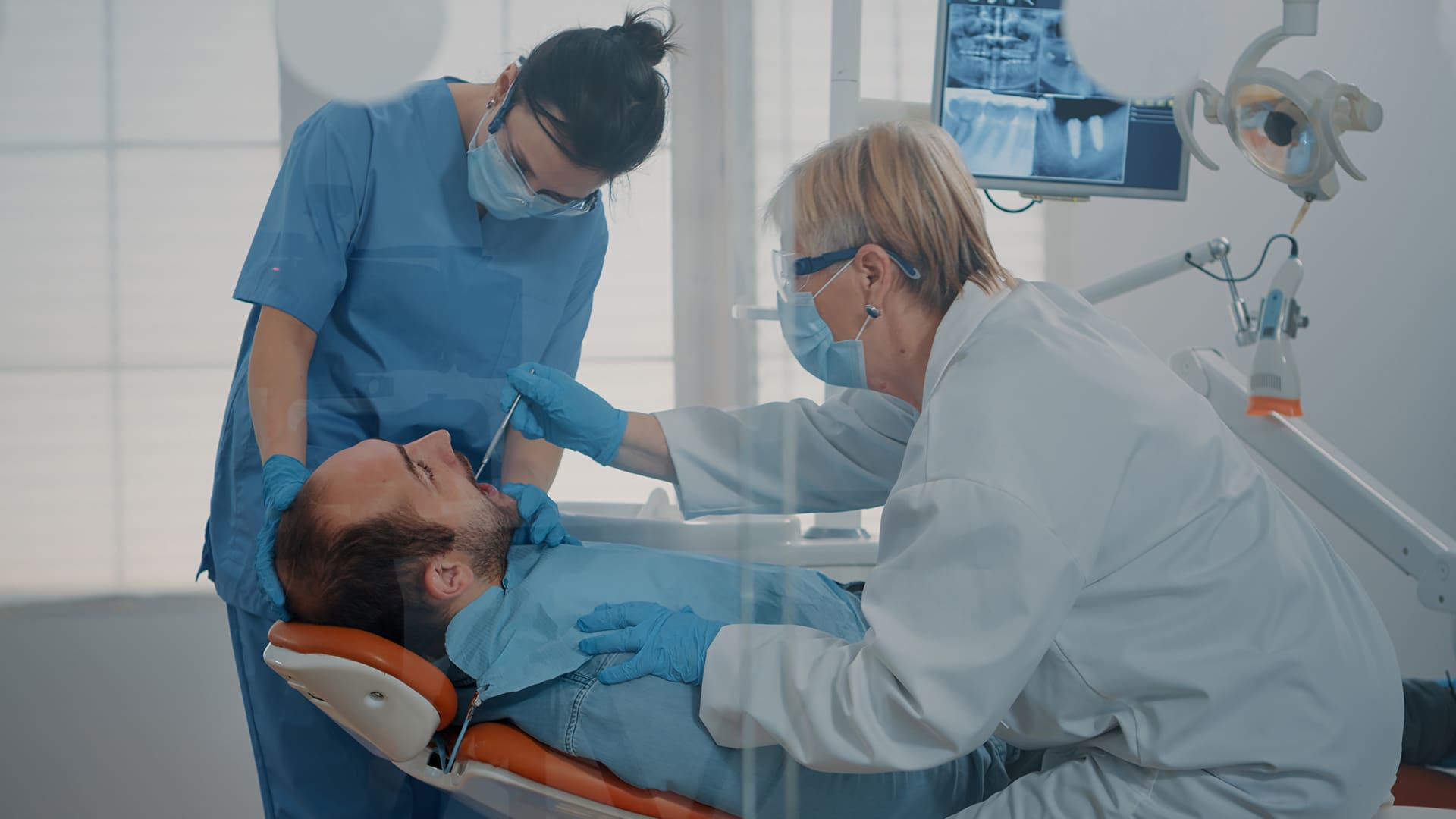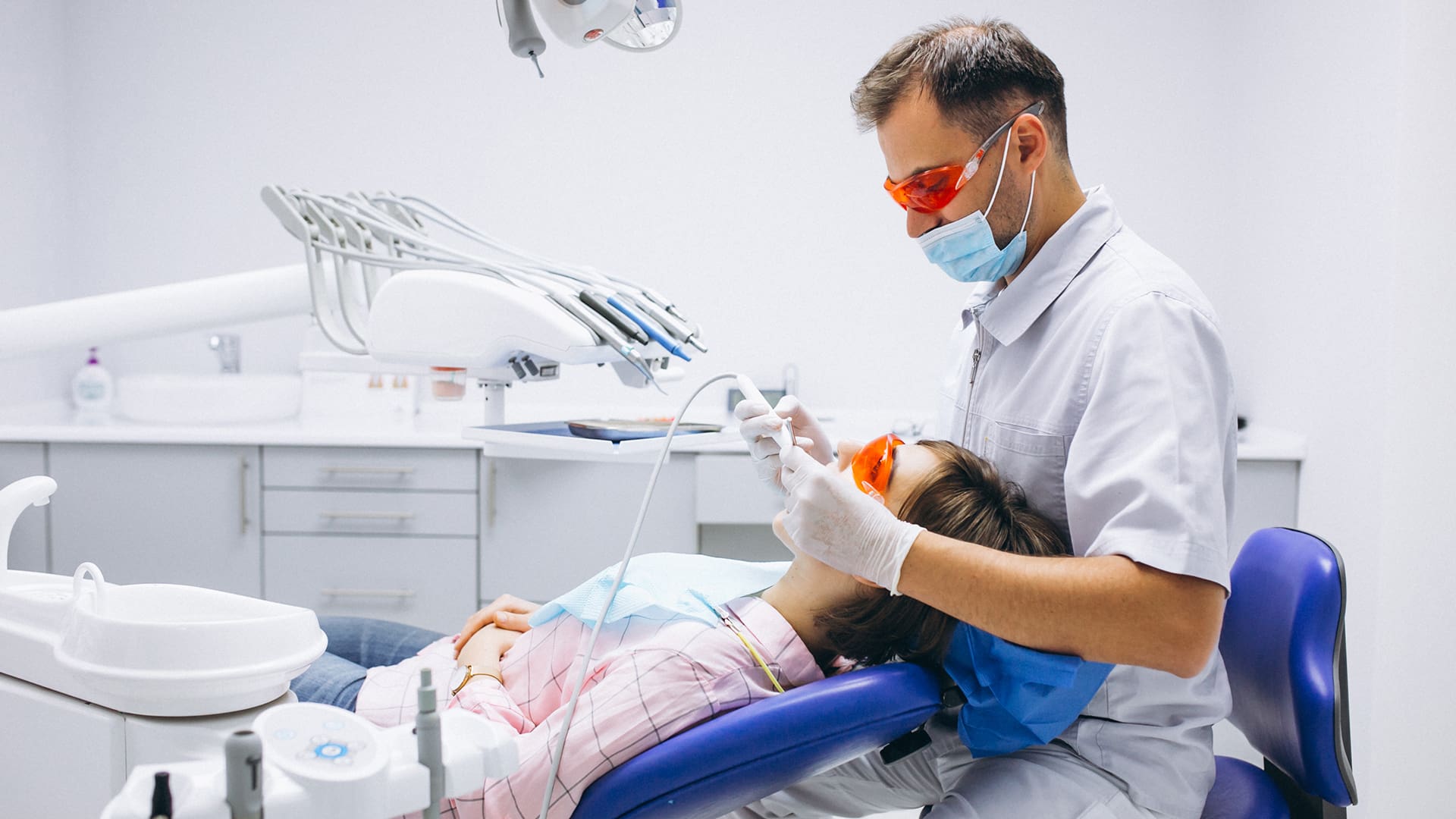Preventive dentistry is the cornerstone of maintaining good oral health, not just for today, but for the future as well. It focuses on early detection and treatment of dental problems before they can progress into more serious issues. Whether you’re a child, adult, or senior, the principles of preventive dentistry are essential for ensuring long-lasting, healthy teeth and gums. This blog will delve into the importance of preventive dentistry, the types of treatments involved, and how regular dental care can safeguard your smile for life.
What is Preventive Dentistry?
Preventive dentistry is the practice of caring for your teeth to keep them healthy. It involves a combination of regular dental checkups, professional cleanings, patient education, and daily oral hygiene practices like brushing and flossing. The goal is to prevent dental problems like cavities, gum disease, enamel wear, and even oral cancer. By investing in preventive care, patients can avoid painful and expensive treatments down the line.
Regular Dental Checkups and Cleanings
The foundation of preventive dentistry is regular dental checkups and professional cleanings. Dentists recommend that patients visit at least twice a year for routine exams, though some individuals may need more frequent visits based on their oral health.
During a dental checkup, your dentist will thoroughly examine your teeth and gums, looking for signs of decay, gum disease, and other issues. X-rays may also be taken to detect problems beneath the surface, such as cavities between the teeth, bone loss, or impacted teeth. These regular visits are essential for catching problems early, when they are easiest and least costly to treat.
Professional cleanings, performed by dental hygienists, go beyond what you can achieve with at-home brushing and flossing. The cleaning process involves scaling, which removes plaque and tartar buildup from the surface of your teeth and below the gumline. Even with diligent oral hygiene, plaque can accumulate in hard-to-reach places and eventually harden into tartar. If left untreated, this buildup can lead to cavities and gum disease.
The Role of Fluoride in Preventive Dentistry
Fluoride is a naturally occurring mineral that plays a vital role in preventing tooth decay. It strengthens tooth enamel, making it more resistant to acid attacks from plaque bacteria and sugars in the mouth. Fluoride also helps reverse early decay by remineralizing areas of the teeth that have started to weaken.
Many communities add fluoride to their water supply, and most kinds of toothpaste contain fluoride. However, some individuals may benefit from additional fluoride treatments, especially those at higher risk for cavities. Your dentist may recommend a professional fluoride treatment during your regular checkup. This treatment involves applying a concentrated fluoride gel or varnish to your teeth, which provides an extra layer of protection.
Dental Sealants: A Protective Shield for Your Teeth
Dental sealants are a highly effective preventive treatment, particularly for children and teenagers. They involve applying a thin, protective coating to the chewing surfaces of the back teeth (molars). These teeth have deep grooves and pits where food particles and bacteria can easily get trapped, making them more susceptible to cavities. Sealants act as a barrier, preventing decay by sealing off these vulnerable areas.
Applying sealants is a quick and painless process. Once the sealant is applied, it hardens and forms a shield that can last for several years. While sealants are most commonly used for children, adults who are prone to cavities or have deep grooves in their molars can also benefit from this treatment.
The Importance of Brushing and Flossing
Brushing and flossing are the foundation of daily oral care. Dentists recommend brushing your teeth at least twice a day with fluoride toothpaste and a soft-bristled toothbrush. Brushing helps remove food particles, plaque, and bacteria from the surface of your teeth and gums, preventing cavities and gum disease.
Equally important is flossing, which removes plaque and food particles from between your teeth and below the gumline—areas your toothbrush can’t reach. If you don’t floss regularly, plaque can build up between your teeth, leading to cavities and gum disease.
For best results, follow these tips for effective brushing and flossing:
- Brush for at least two minutes, ensuring that you cover all surfaces of your teeth, including the fronts, backs, and chewing surfaces.
- Use a soft-bristled toothbrush to avoid damaging your gums and enamel.
- Replace your toothbrush every three to four months, or sooner if the bristles become frayed.
- Floss daily, using a gentle sawing motion to work the floss between your teeth.
The Role of a Healthy Diet in Preventive Dentistry
A healthy diet is essential for maintaining strong teeth and gums. Sugary and starchy foods, such as candy, soda, and chips, provide a food source for harmful bacteria in your mouth, leading to the formation of plaque and acids that attack your enamel.
To protect your teeth, try to limit your intake of sugary snacks and drinks, and opt for healthier alternatives like fruits, vegetables, whole grains, and dairy products. Foods rich in calcium, such as milk, cheese, and yogurt, help strengthen your teeth and bones, while fruits and vegetables stimulate saliva production, which helps neutralize acids and wash away food particles.
Drinking plenty of water throughout the day is also beneficial for your oral health. Water helps rinse away food particles and bacteria, and it keeps your mouth hydrated. If your water supply contains fluoride, drinking water also helps protect your teeth from decay.
Preventing Gum Disease
Gum disease, or periodontal disease, is a serious condition that affects the tissues that support your teeth. It starts as gingivitis, which is the inflammation of the gums caused by plaque buildup. If left untreated, gingivitis can progress to periodontitis, a more advanced form of gum disease that can result in tooth loss and damage to the surrounding bone.
The good news is that gum disease is largely preventable with proper oral hygiene and regular dental checkups. Brushing, flossing, and professional cleanings remove plaque from your teeth and gums, preventing it from hardening into tartar and causing gum disease.
Custom Mouthguards for Sports and Teeth Grinding
Preventive dentistry also includes protecting your teeth from damage caused by physical activity or habits like teeth grinding (bruxism). If you or your child participates in contact sports, wearing a custom-fitted mouthguard can protect your teeth from injury. Unlike over-the-counter mouthguards, which can be bulky and uncomfortable, custom mouthguards are designed to fit your teeth perfectly, offering better protection and comfort.
If you grind your teeth at night, your dentist may recommend a nightguard to prevent wear and tear on your teeth. Bruxism can lead to tooth sensitivity, chipped or cracked teeth, and jaw pain. A nightguard provides a cushion between your upper and lower teeth, protecting them from damage while you sleep.




